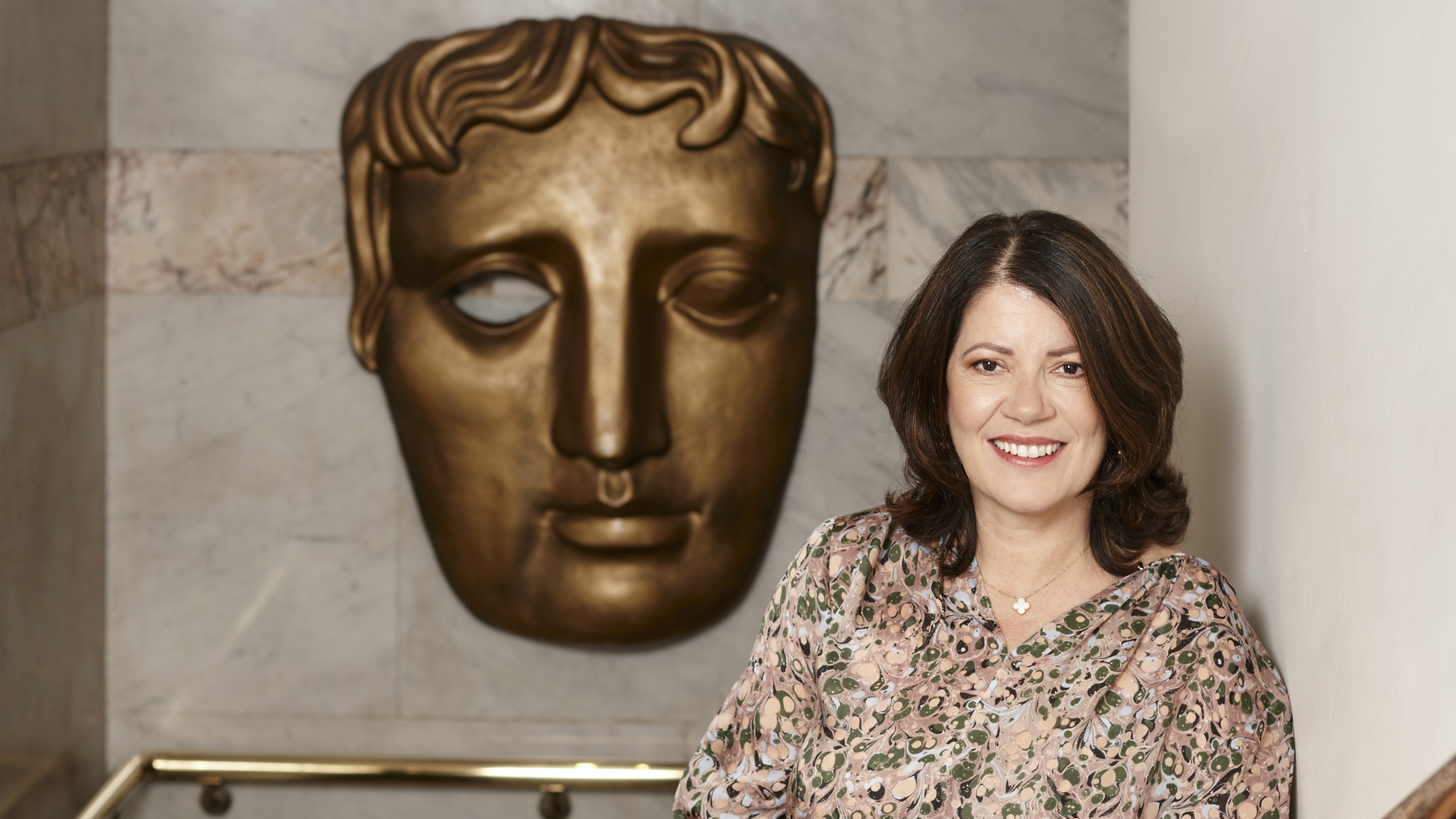Dame Pippa Harris - 'The industry has decided it has to change'
Last year’s BAFTAs was famously lacking in gender and ethnic diversity, with the nominations dubbed “male, pale and stale”. Ahead of this year’s awards, BAFTA Chair, Dame Pippa Harris, spoke to us about the tide finally turning…

Celebrity news, beauty, fashion advice, and fascinating features, delivered straight to your inbox!
You are now subscribed
Your newsletter sign-up was successful
Last year’s BAFTAs was famously lacking in gender and ethnic diversity, with the nominations dubbed “male, pale and stale”. Ahead of this year’s awards, BAFTA Chair, Dame Pippa Harris, spoke to us about the tide finally turning…
Words by Sophie Goddard
Time’s Up was the focus of last year’s 71st British Academy Film Awards. Black outfits and badges dominated the ceremony, which a woman – Joanna Lumley – hosted for the very first time. But it was also the year BAFTA unveiled an all-male nominations list for Best Director. Women were completely absent from categories including Adapted Screenplay, Original Music and Cinematography and Editing, while only two of the 20 actors nominated were not white. BAFTA Chair and Executive Producer of Call The Midwife, Dame Pippa Harris, says change is afoot in 2019.
'As soon as the #MeToo revelations came out, we looked at BAFTA’s codes of practice and guidance, internally and externally. Working with the BFI, we pulled together really robust guidance and principles, in terms of bullying and harassment in the workplace. I think there’s been a big step forward over the last year, but clearly there’s more to do. There’s still a massive disparity between the number of women directing high-end television and film compared to men, and it's the same with female writers and BAME writers - they’re hugely underrepresented. But having taken a good, hard look at itself, I think the industry has decided it has to change.
Two years ago, we introduced the BAFTA Elevate scheme and this year, we’re supporting underrepresented writers. The first year was aimed at female directors (the stats are still bad - 13% of high-end TV dramas are directed by women) and we gave 15 women a 12-month programme of mentorship and workshops. I’ve employed five of them myself on Call The Midwife. Little Women director Vanessa Caswill was on the scheme, too - she’s an incredibly talented director, combining an extraordinary visual flair with really fantastic performances.We’ve also introduced new diversity requirements which have made a real sea-change and have been really helpful in focussing people’s minds to think laterally, like, "OK, who can I give a chance to? Who’s out there who maybe I haven’t worked with but looks really interesting and exciting?" These are very concrete, practical steps we’re taking.
I also believe it’s down to us as individuals to play a part. As a producer, when we’re crewing up, we’ll get given a list of names of directors. If there are no women, it’s down to me to say, ‘This isn’t good enough’. There are many talented female directors, so you need to keep looking if you can’t find any. We’ve had no problems on Call The Midwife – around 80% have been women and we’re the highest-rated drama in the UK, so it’s clearly not difficult and it’s hugely beneficial for the industry. Yes, it’s been a rollercoaster few years in the film industry, but now a spotlight has been shone on issues that have been prevalent in film and TV for many years. It feels like for the first time people are facing up to it and doing something about it. I think all of us are now pulling together and looking at ways we can make the industry better reflect the society we live in, ensuring the industry of the future is a thousand times better than the past.'
Celebrity news, beauty, fashion advice, and fascinating features, delivered straight to your inbox!
The leading destination for fashion, beauty, shopping and finger-on-the-pulse views on the latest issues. Marie Claire's travel content helps you delight in discovering new destinations around the globe, offering a unique – and sometimes unchartered – travel experience. From new hotel openings to the destinations tipped to take over our travel calendars, this iconic name has it covered.